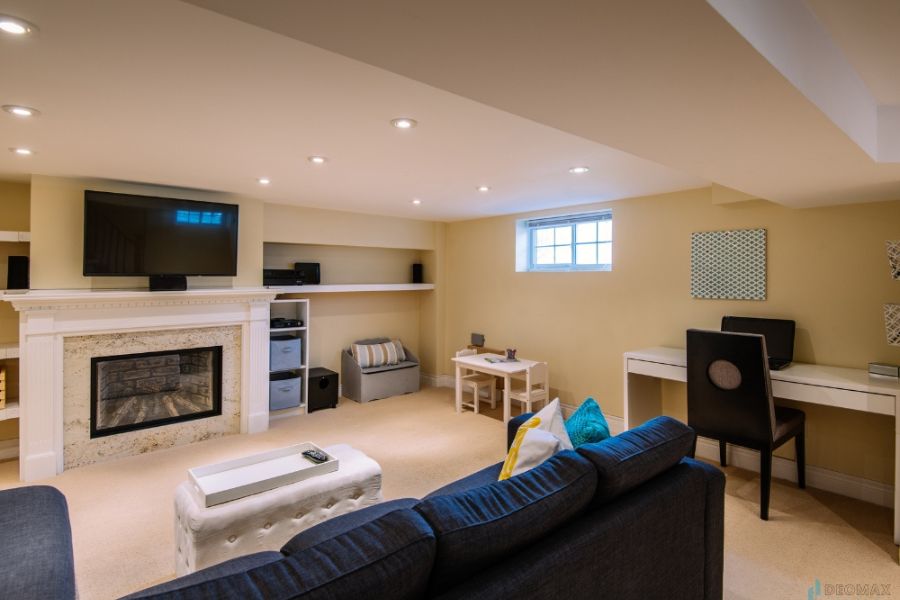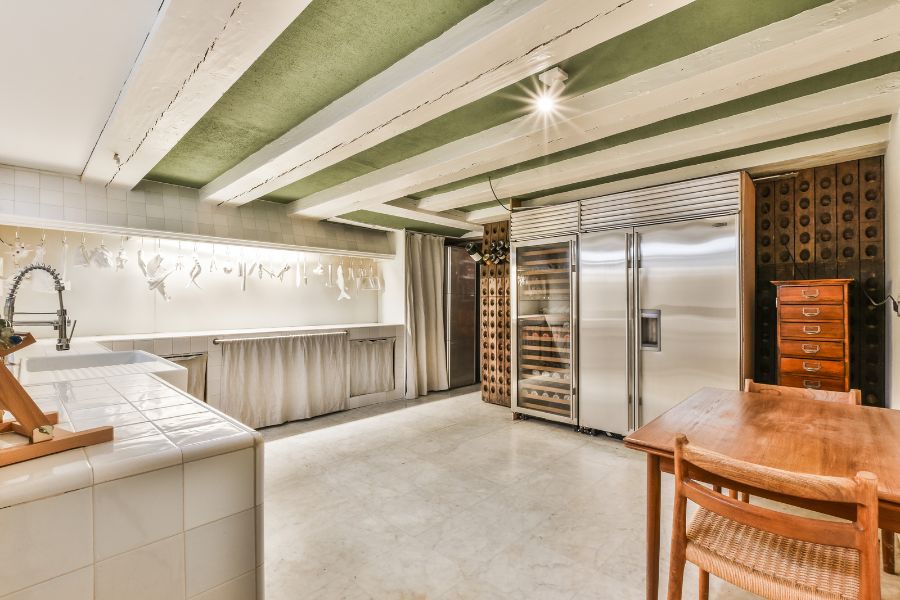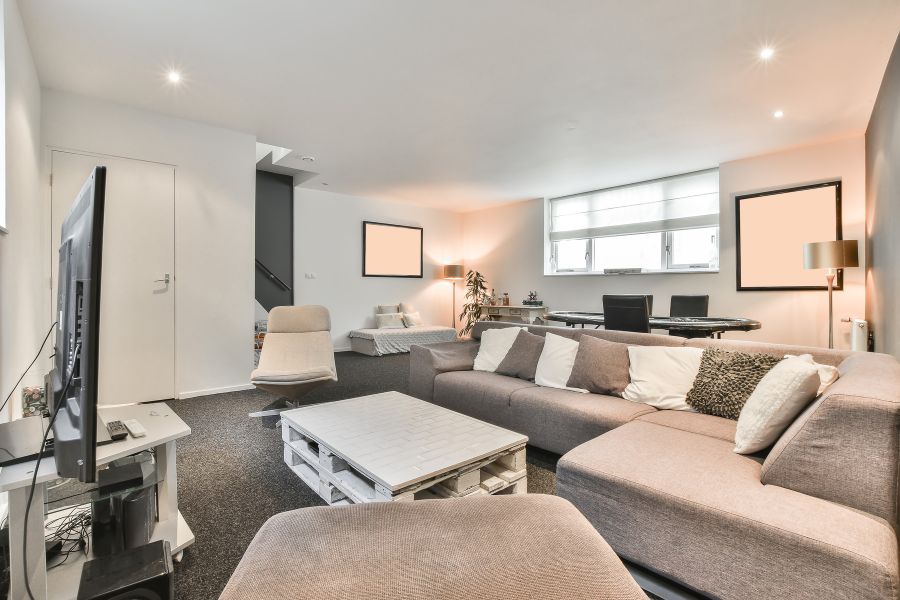The prospect of converting your basement into a rental apartment is an exciting venture that promises not only to augment your income but also to enhance the value of your property significantly. However, embarking on such a project in Toronto and Mississauga requires adherence to a specific set of legal, safety, and design requirements to ensure the resulting living space is not only comfortable and appealing but also fully compliant with local regulations. Drawing from years of experience and a track record of successful basement conversions, this guide aims to provide homeowners with a detailed roadmap for transforming their basements into legal, profitable rental units.
Understanding the Legal Framework
Navigating Building Codes and Zoning Laws
Before any physical work begins, it’s imperative to familiarize yourself with the Ontario Building Code and local zoning laws applicable in Toronto and Mississauga. These regulations outline critical requirements for egress, ceiling height, insulation, fire safety, and more. Moreover, ensuring your basement apartment meets these standards is not just about facilitating a legal basement renovation; it’s about creating a safe, habitable space for your future tenants.
The Importance of Permits
Securing the necessary permits is a crucial first step. This process validates that your renovation plan complies with local building codes, electrical safety standards, and zoning regulations. Skipping or overlooking this phase can lead to severe penalties and costly retrofitting down the line.

Designing with Safety and Comfort in Mind
Efficient Use of Space and Light
Basements often suffer from a lack of natural light and can feel cramped. Intelligent design solutions, such as adding egress windows, not only flood the space with light but also ensure safety by providing an emergency exit.
Moisture Control and Insulation
A key challenge in basement renovations is managing humidity and insulation. Employing modern waterproofing methods and high-quality insulation materials is essential to protect against moisture and maintain a comfortable living environment.
Legal Requirements for a Legal Second Unit
Detached and Semi-detached Houses
For a basement conversion in Toronto and Mississauga, the property must be at least five years old and maintain its external appearance as a single-unit building. The basement apartment must also be smaller than the main living space, ensuring a clear distinction between the two.
Safety Features
A paramount concern is the installation and maintenance of smoke alarms in proper working order. Additionally, any bathroom in the basement must have a window or an exhaust fan to comply with ventilation requirements.

Professional Assistance
Embarking on a basement conversion necessitates professional guidance. Hiring legal basement contractors can streamline the process, ensuring your plans meet all regulatory requirements and are optimized for approval. These professionals can also advise on designing exits and managing any structural changes, significantly reducing the burden on homeowners.
Execution: Choosing the Right Contractor for your Legal Basement
The Role of a Licensed Contractor
Once your plans are approved, selecting a licensed contractor with a reputation for exceeding minimum building codes is crucial. A trustworthy contractor will ensure all aspects of the renovation, from plumbing to electrical work, are executed flawlessly and up to code.
Addressing Pre-existing Violations
Many homeowners discover their properties have pre-existing violations, especially in older homes with prior basement conversions. Understanding the legal requirements for a basement apartment in Toronto and Mississauga is essential for rectifying these issues and avoiding potential legal complications.
Financial Considerations
Understanding Costs
The cost of converting a basement into a legal second unit varies widely based on its initial condition and the extent of the required renovations. While an already-finished basement might require a smaller investment, transforming an unfinished space into a compliant rental unit can be significantly more expensive.
Return on Investment
Despite the initial expense, the financial benefits of adding a legal basement apartment can be substantial. With proper planning and execution, homeowners can recoup their investment within the first year of renting out the space, making it a lucrative long-term investment.
The Takeaway
Transforming your basement into a legal rental apartment is a complex but rewarding project that requires careful planning, adherence to legal requirements, and professional execution. By following this comprehensive guide, homeowners in Toronto and Mississauga can navigate the process with confidence, ensuring their basement conversion is not only compliant with local regulations but also a comfortable, attractive space for tenants. With the right approach, your basement can become a significant asset, providing additional income and increasing the value of your property.
Embracing the journey of basement renovation with an expert team by your side ensures a smooth, efficient, and successful transformation, turning your vision into reality and making the most out of your underused space. Contact Deomax today for a free quote and to discuss the next steps.


